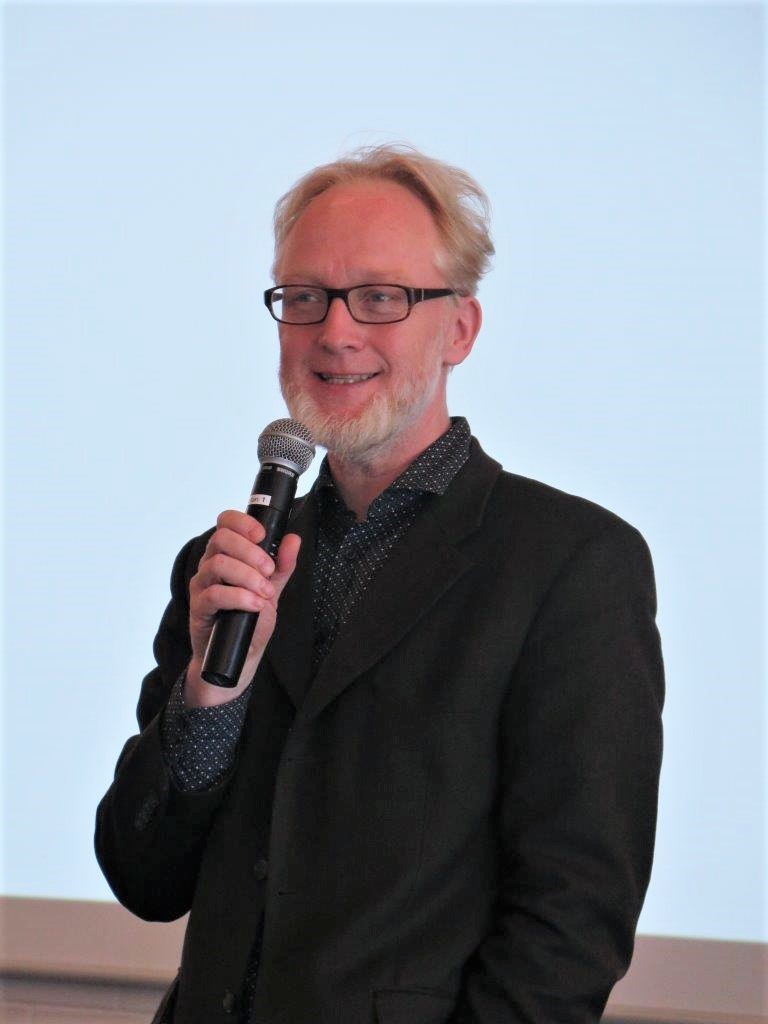The recent new issue of Acta Historica Tallinnensia (vol. 27 no 1) is dedicated to the transnational explorations of Estonian history. The English-language special issue was guest edited by Karsten Brüggemann, Professor of Estonian and General History at Tallinn University. He explains the motives and aims of the special issue in the following interview.
What is behind the concept of Transnational History (TH)?
As the term “transnational” suggests, the concept of TH aims to go beyond the borders of nation states, thus, including in its research agenda all possible flows, streams and movements of ideas, goods or people transcending borders. This is, of course, nothing revolutionary new in the history of historiography since transregional or even global contexts have always been seen as vital for a more comprehensive understanding of the past of even such a small country like Estonia. However, TH in recent decades was pushed by the growing sensibility of historians for transborder movements (keywords: globalisation, migration, climate change) being at the same time just one of the possible directions employed by historians to look for broader ways to understand the past (“histoire croisée”, “entangled history”, “global history”, etc.).
In sum, TH is meant as a challenge to the exclusiveness of national history writing without ever questioning the need for elaborated local, or, for that matter, national histories. Of course, there are also vast domains of historical research that do not need a transnational view. At the same time, not all interconnections and transnational flows necessarily served the common pursuit of happiness and the good of humanity. Historians have only just started to elaborate on the darker sides of transnationalism, such as the projects of social engineering inspired by Nazism (and, for that matter, Stalinism) with their considerable transnational impact.
Why did such a concept emerge and what was your motivation to organise this research project?
Challenging the concept of “national history” has a long tradition in historical research. Among those approaches that do not need the analytical framework of the nation are, for example, the history of ideas, economic history, and microhistory. The nation-state, however, has arguably served as a key framework for historical analysis since the 19th century and, from that time on, historians have been at the forefront of the national project. “Evolutionary nationalist historicism”, in the words of Christopher Bayly, still today remains the “dominant form of historical understanding across much of the world”. This is especially true for post-colonial societies where establishing a national narrative is essentially needed for the nation-state project. Post-Soviet history writing in Estonia by and large has followed the same pattern. As an approach that has its roots in emancipatory, leftist academic milieus, TH may appear as something threatening to de-nationalise the national scholarly agenda. However, the fact that our project was financed by the Estonian Research Council demonstrates the readiness of national academic institutions to sustain alternative approaches. And, to be frank, it was about time that Estonian (contemporary) historians follow the path of Estonian ethnologists, anthropologists, literary scholars and also medievalists in exploring the worlds beyond the “nation”.
In Estonia, similar to many other post-socialist countries, people tend to value highly such concepts as “nation” or “independence”. How can the currently prevailing narratives and ongoing discussions in society profit from a “transnational turn” in academic history?
In the past decade, the transnational turn has reached Estonian academia, not the least because of all the younger colleagues who have spent some time at universities in other European countries. I am convinced that this will have an effect on scholarly production in the field of modern and contemporary history before long. In general, the further you go back into the Estonian past, the more you have to deal with “foreign” networks, practices and traditions anyway, not the least because of the scarcity of documentation originating from the native inhabitants. Thus, apart from archaeological artefacts, there are mostly texts filtered through the colonisers’ eyes telling us about the country prior to the modern period. Written sources, therefore, are mostly examples of intercultural perception that in their essence mirror transcultural processes. But there can be no doubt that the more diversity we have in the stories we tell about the past, the more we will understand. Modern migration studies, for instance, investigate the particular relationship in the migrant’s mind between the destination and the home country which provides the focus for an integrated transnational analysis instead of focusing exclusively on the relations with one’s home country. Last but not least, nationalism is of necessity transnationally constructed. Thus the whole story of Estonian nationalism cannot be properly understood without taking into account the trans-European entanglements since mid-19th century and their impact on localised representations of the nation.
Questions prepared by Airi Uuna
Acta Historica Tallinnensia is an international history journal published by the Estonian Academy of Sciences in collaboration with Tallinn University and the University of Tartu.
